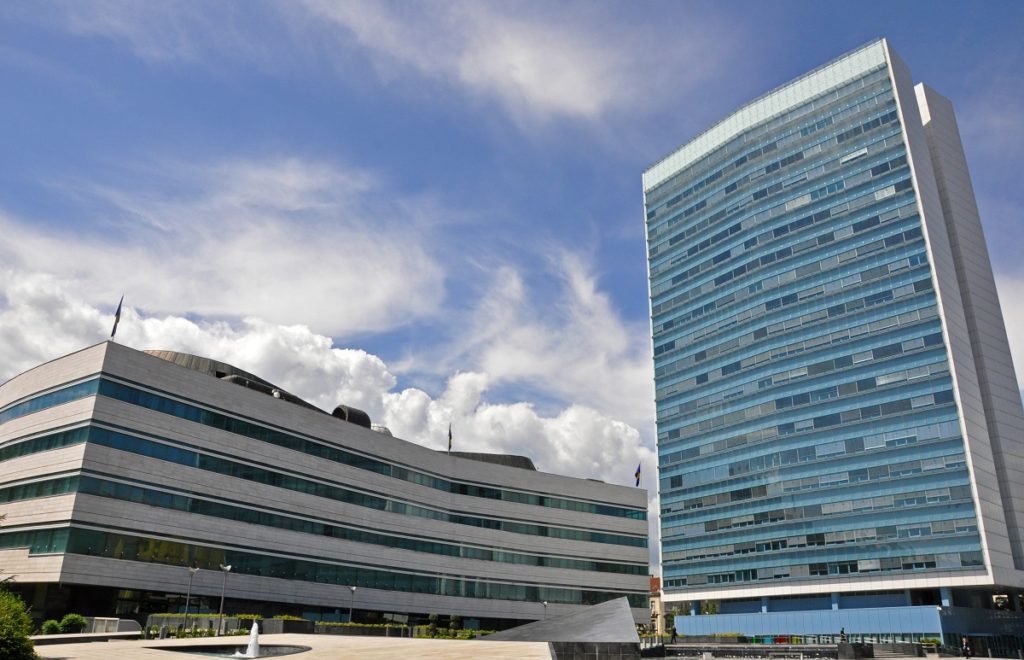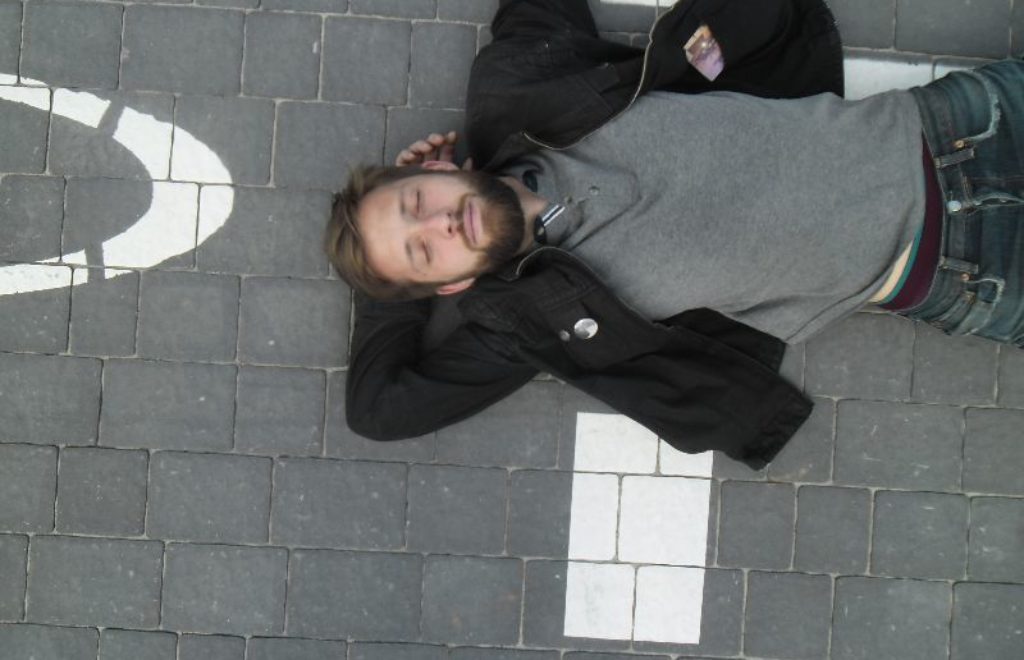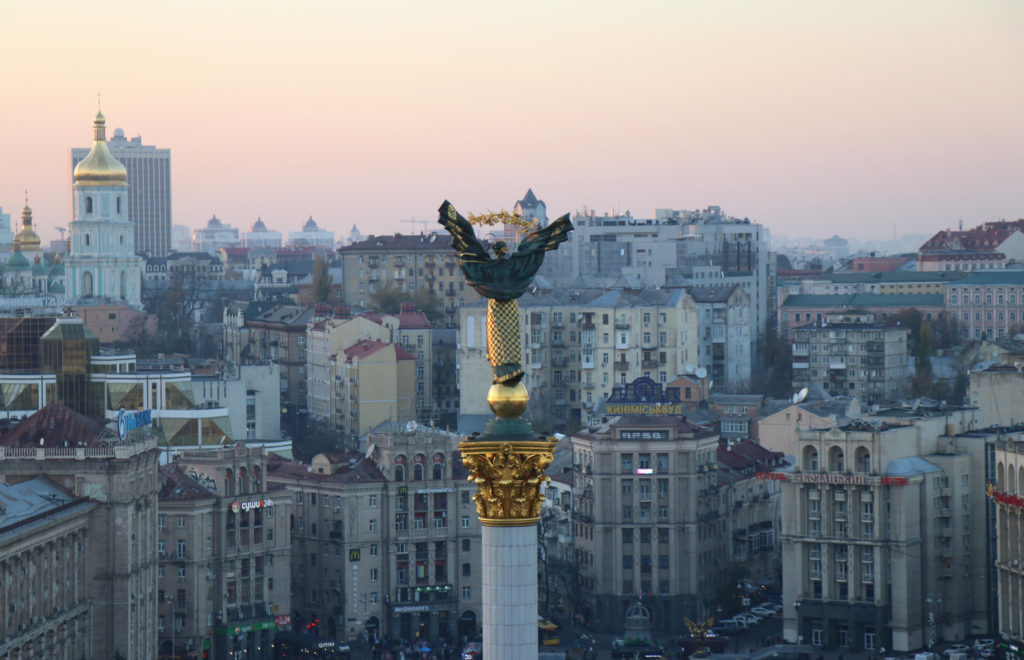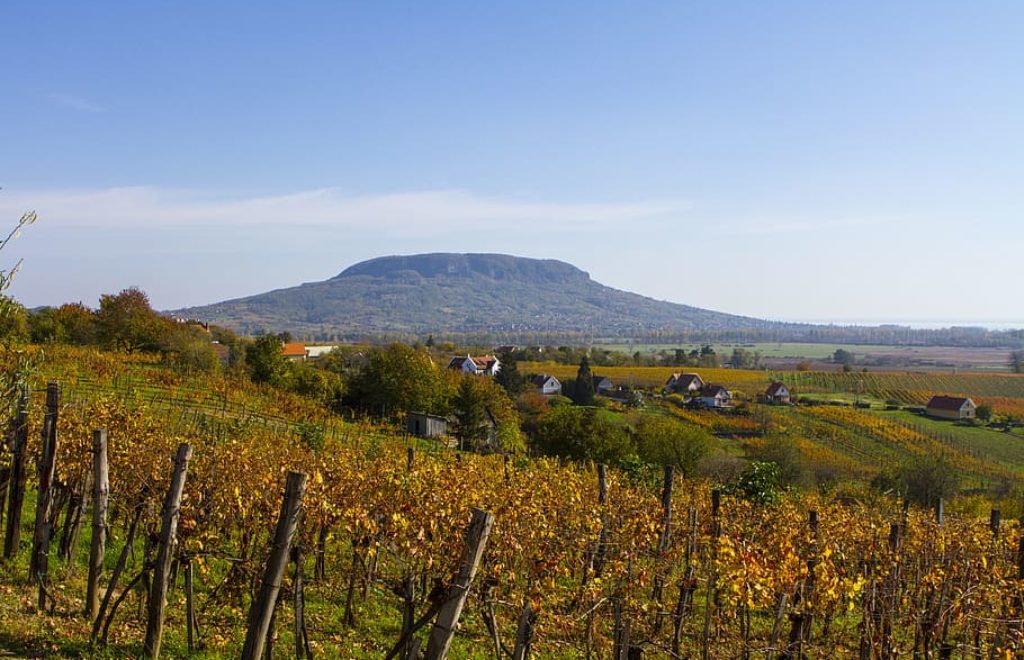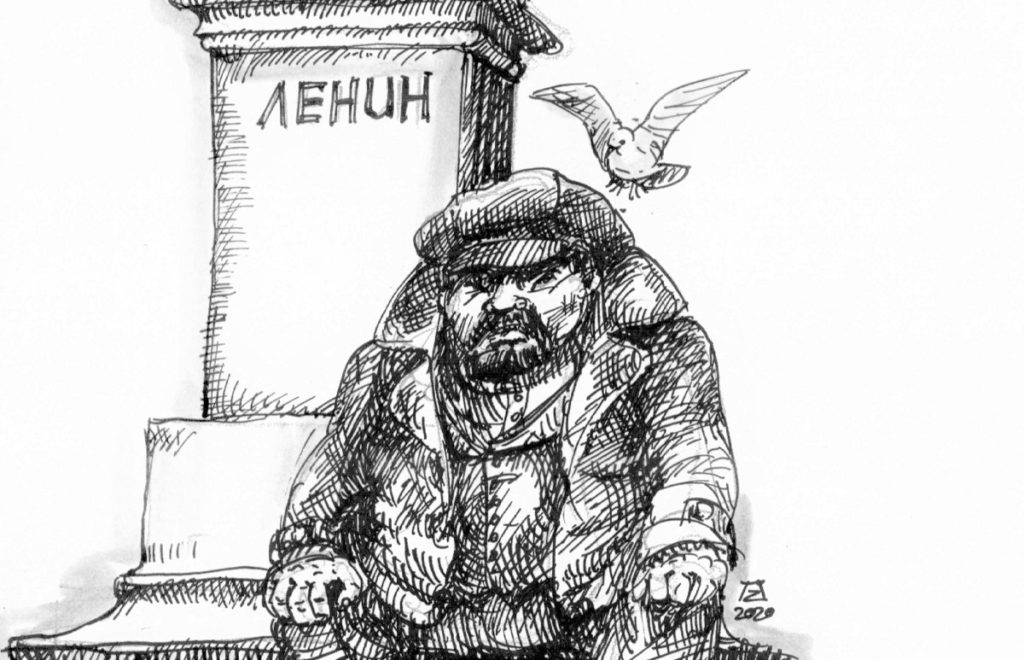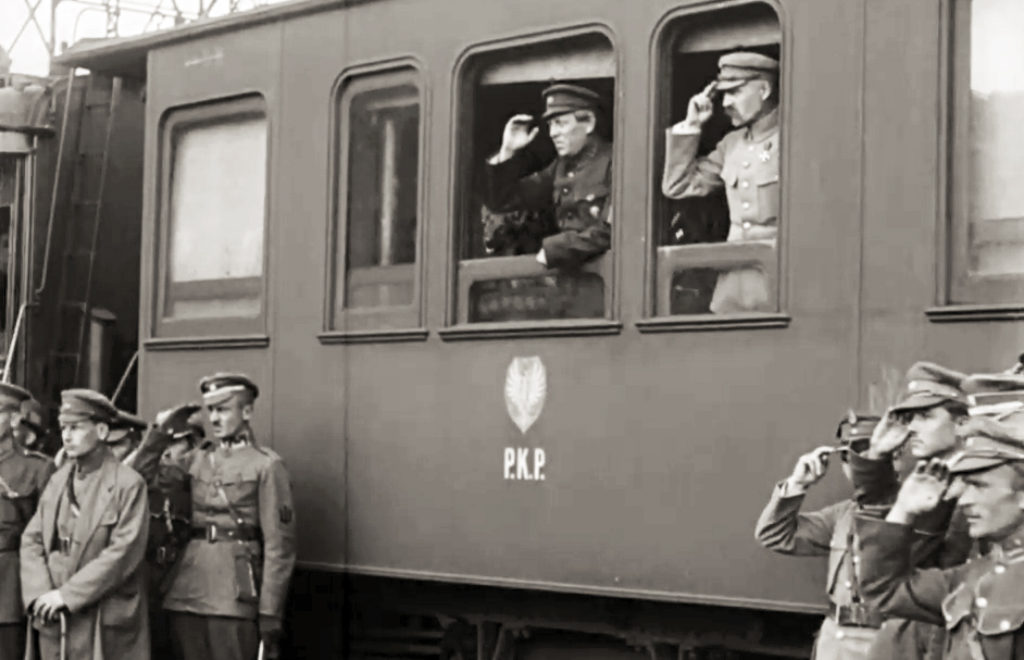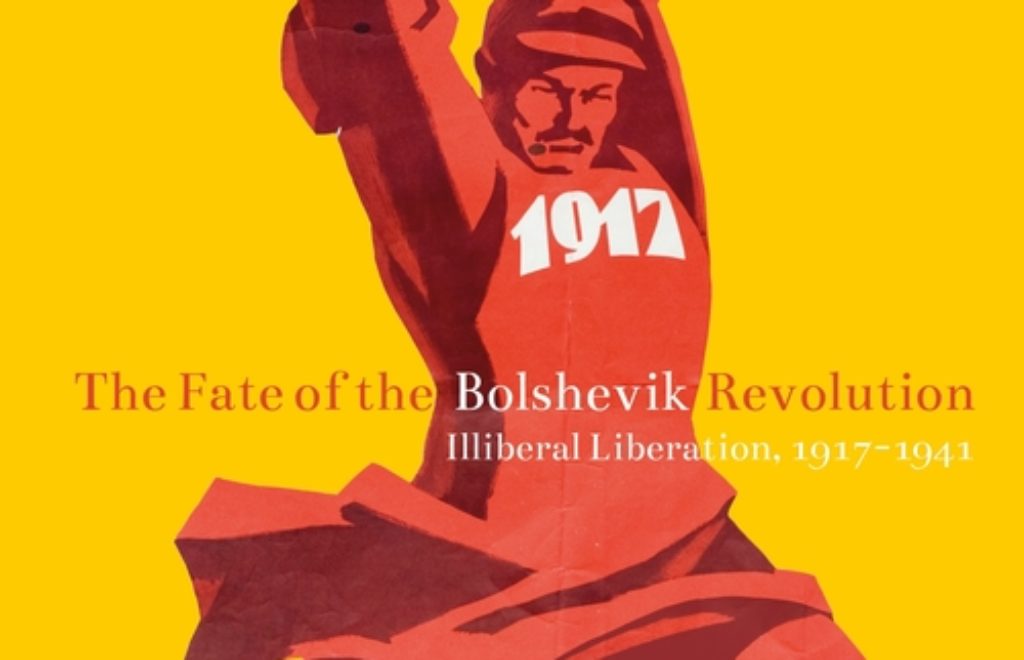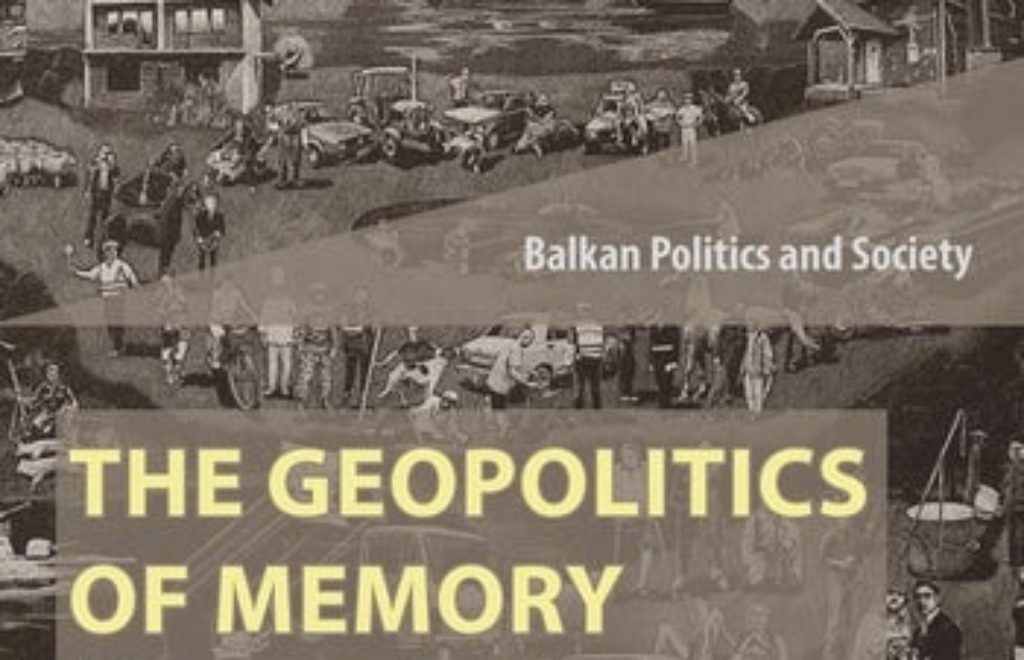A conversation with Sophy Roberts, a writer, journalist and author of The Lost Pianos of Siberia. Interviewer: JP O' Malley
JP O' MALLEY: What brought you to Siberia and why did you write this book?
SOPHY ROBERTS: I spent a lot of time in Mongolia where I formed a friendship with a pianist. When you spend time in a place like Mongolia, certain things start to resonate differently. You see that there are less boundaries, for instance, than there are in Western Europe. Especially when it comes to [physical] space. In Siberia, just across the border from Mongolia, I saw an extension of that feeling. You feel like you are stepping back into a world before we became such a dominant species. As a traveller with a curious eye, that appealed to me. I find it compelling spiritually. Siberia as a place has always carried a certain kind of romance to it. I still remember looking at a map of it when I was a child and thinking about how big it was but not knowing what lay within it. I'm also a bit of a loner, so those environments are places I'm drawn to.
July 7, 2020 -
JP O'Malley
Sophy Roberts


